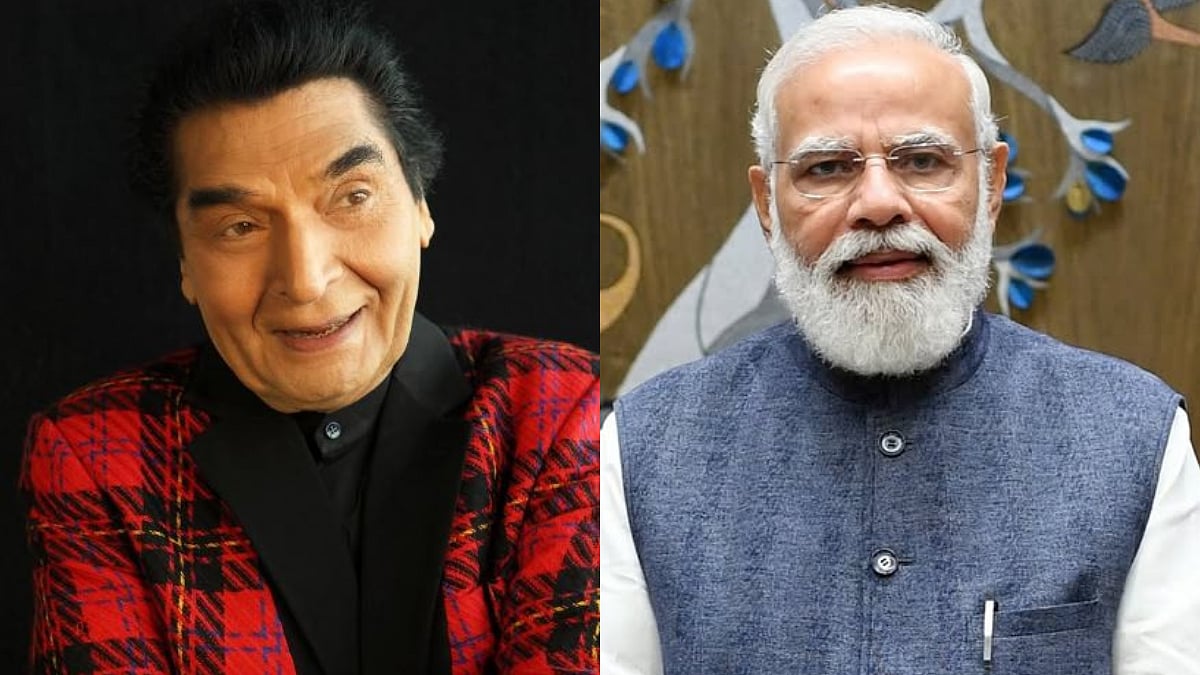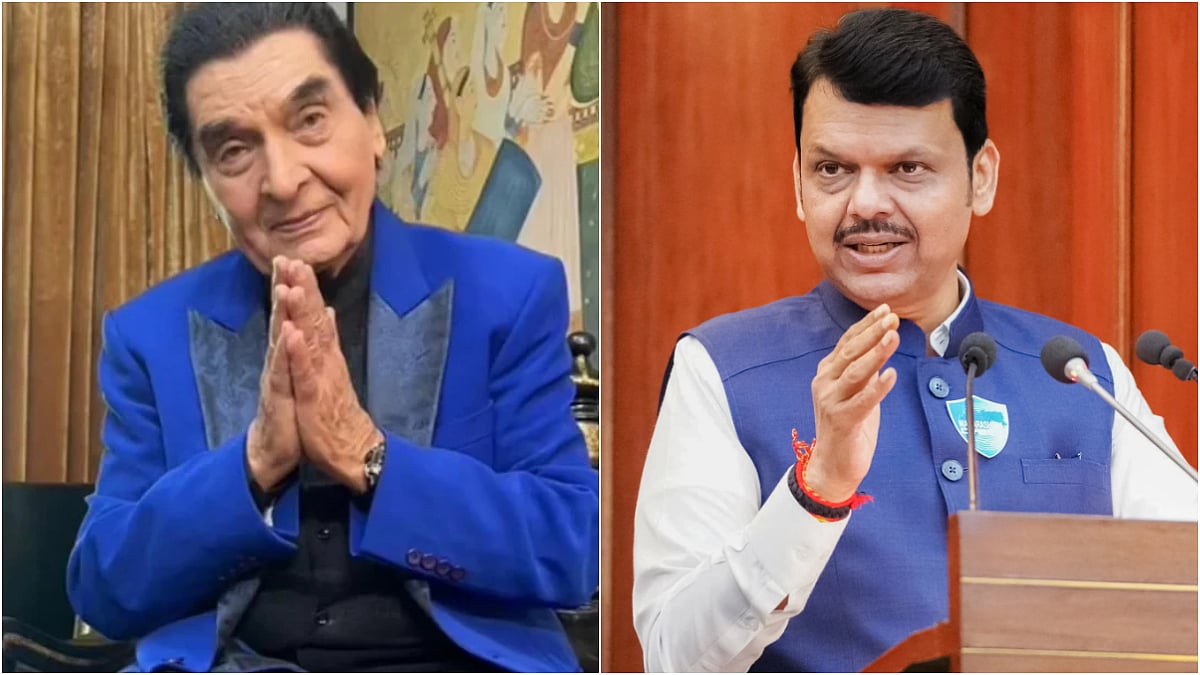Many people, Randeep Hooda points out, believe that taking care of the environment is someone else’s job. There are politicians, bureaucrats, conservationists, eco-warriors to do it. “But real change can only come through a collective effort. A citizens movement, a pro-active government and international bodies that attack the big companies, which produce so much waste and pollution,” asserts the actor who is constantly emphasising the need to stop using plastic, not to waste water, dispose off waste responsibly and recycle stuff like his grandmother did. And Randeep doesn’t just stop there, he actually practises what he preaches.
Before the pandemic, one has seen him participate in the clean-up operations at Mumbai’s Versova beach, an initiative started by lawyer and environmental activist Afroz Shah. “Inspired by him, today we have different teams stationed at different places with the result that the Dadar and Chowpatty beaches in the city are just as pristine and the waterfalls on its outskirts cleared of the trash dunked by picnickers. There are even groups keeping the Himalaya’s clean,” he exults.

Earlier this year, when Randeep was shooting in Dholpur in Rajasthan, he took it upon himself to clean the river Chambal, fishing out plastic bottles and other litter from its water. While at work, starting with his own team, he encouraged the whole crew of the web series to diligently deposit the thrash in the dustbins around. “We left the place as beautiful as we had found it,” he informs proudly.
The actor has also planted 200 trees in his village in Haryana to increase the green cover. He urges those in the cities to do the same while protesting against any move to cut down trees for a train line or a road and rob the city of its breathing spaces. However, his biggest concern in the wake of the coronavirus pandemic is how to responsibly dispose of PPE suits, masks and other Covid-related waste that has gathered across the world.
“Last year, I was encouraging people to wear reusable masks, but now, with the virus getting more aggressive, we have to use medically recommended masks, which are made of synthetic material,” he sighs, admitting that this is only going to make the battle for a more liveable planet even more difficult. “Today, we are not fighting for a bigger apartment, a better car or even a first-class air ticket. We are fighting for clean air and soon it will be water. Who would have imagined that?”
Passed into law in 2008, New Zealand’s Emissions Trading Scheme (ETS) is the main domestic policy for incentivising cutbacks in emissions in the country. Biological emissions from agriculture are now exempted from the ETS. The government there has also taken numerous steps to conserve indigenous biodiversity by strengthening partnerships with people. Is this the way forward for India? Randeep reasons that countries like New Zealand and Norway are successful with such endeavors because they have a smaller, more literate population. “Our biggest problem is that we are trying to save our country in English. We need to go local. We need to educate children on what needs to be done and how to go about it when they are in school. We need to create opportunities for people to participate in environmental campaigns to build awareness. Widescale change cannot be brought about by 10 people, you need 10,000, maybe even 10 lakh coming together for that,” he says.
Right now, in the fight against plastic, Randeep has been trying to get local cafes and diners to replace plastic straws with paper or reusable metal ones. He has bought dozens of kullads (earthen cups) for chaiwallahs to replace the plastic cups. “Earlier, we had the thelawala coming and pumping out fresh water. This we were later told was unfiltered water and harmful to health. The filters produce a lot of waste water that can be used to water plants or wash clothes. Water bottling companies who are flooding the markets with plastic bottles should also be reined in by a pro-active government,” he maintains, adding that the leaf plates that countries in the West like US and France, are now promoting have their roots in our environment-friendly culture.
“We need to go back to our roots and our indigenous cottage industries. We should stop depending on fossil fuels and flag off large-scale peoples’ movements. And the world could come together every year to impose one month’s lockdown. That way we can buy a little more time,” he signs off.













